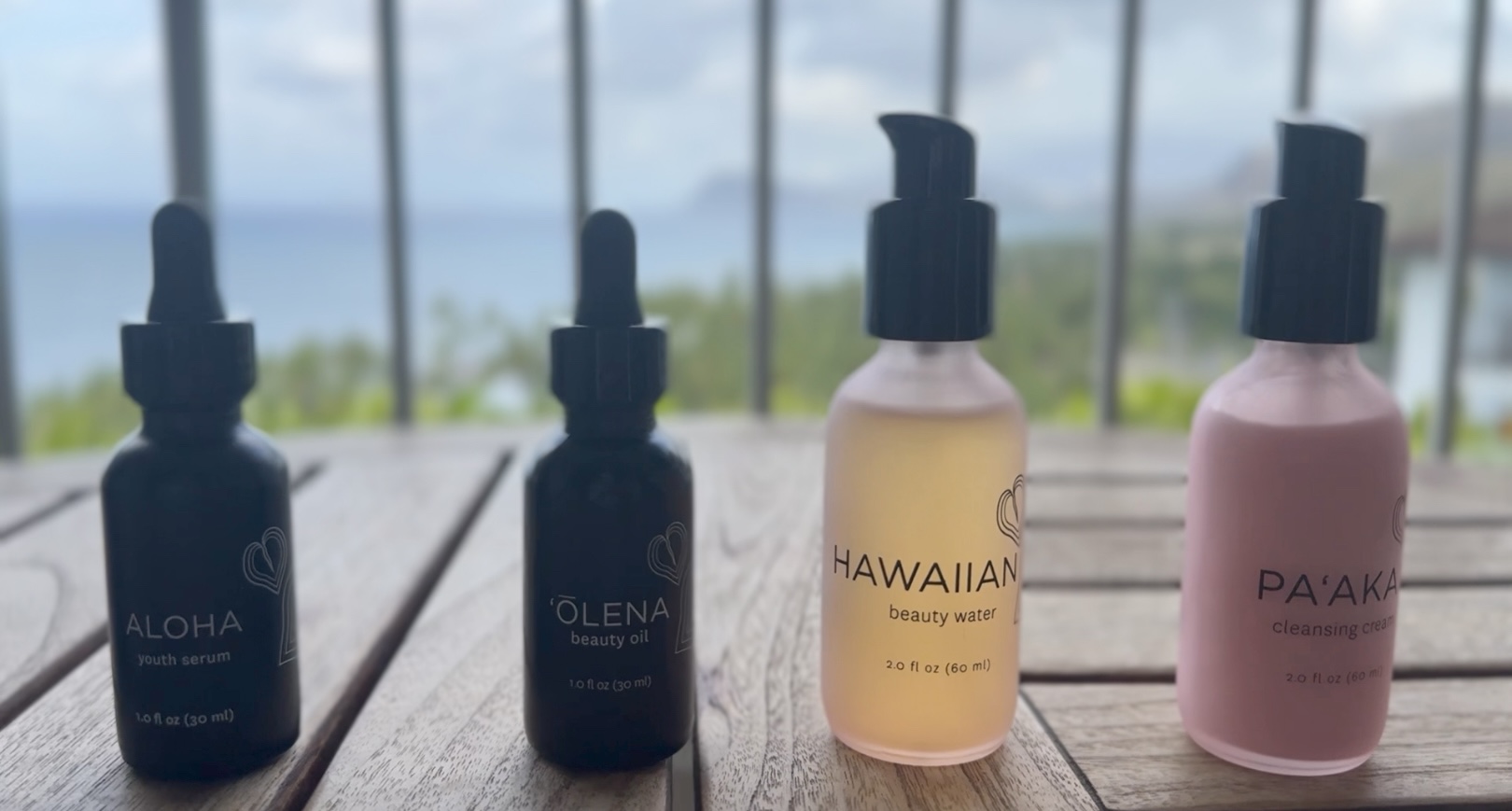Rosemary’s name means “dew of the sea,” and it has a pungent, pine flavor and scent, a unique combination that conjures up sensations of both the forest and the sea. This fragrant herb, native to the Mediterranean, has been used across cultures to enhance hair, skin, and overall wellness. From ancient Egypt to modern-day skincare, rosemary oil remains a time-honored ingredient for natural beauty remedies.

Ancient Egypt: The Elixir of Eternal Beauty
The Egyptians, known for their elaborate beauty rituals, incorporated rosemary oil into their daily self-care. It was commonly infused into skincare treatments to improve complexion and slow down signs of aging. Due to its antimicrobial properties, it was also used in cleansing routines to purify the skin. Egyptian women believed rosemary oil could enhance their beauty and even incorporated it into embalming practices for its preservation qualities.
Ancient Greece and Rome: A Symbol of Vitality
In ancient Greece, rosemary was associated with memory and mental clarity, but it was also highly valued for its cosmetic benefits. Greek women used rosemary-infused oils and balms to maintain youthful skin and reduce inflammation. Hippocrates, the father of modern medicine, advocated for its healing properties, recommending it for skin ailments and scalp health.
Similarly, the Romans, who were known for their elaborate bathing rituals, often infused rosemary oil into their bathwater. Roman women used rosemary to maintain a healthy scalp and stimulate hair growth, believing it strengthened hair follicles and prevented premature graying. It was also a key ingredient in perfumes, owing to its refreshing, herbaceous scent.
The Middle Ages: A Cure for Skin and Hair Ailments
During the Middle Ages, rosemary oil was used in herbal beauty remedies, particularly for hair care. European women steeped rosemary leaves in oils and vinegars to create rinses that promoted scalp health and enhanced hair shine. It was also used to treat dandruff and other scalp conditions. Monks and herbalists included rosemary in their beauty and healing preparations, reinforcing its reputation as a powerful botanical.
The Renaissance: A Noblewoman’s Beauty Secret
During the Renaissance, rosemary oil was a coveted beauty ingredient among noblewomen. Queen Elizabeth I is said to have used rosemary in her skincare to maintain her fair complexion. Women of the upper class created rosemary-infused tonics and pomades to brighten their skin and keep their hair luscious. The antiseptic properties of rosemary also made it a go-to treatment for acne and blemishes.
Traditional Chinese and Ayurvedic Medicine: Holistic Beauty
In Traditional Chinese Medicine (TCM), rosemary was used for its warming properties to enhance circulation and bring a healthy glow to the skin. It was often combined with other herbal oils to create facial massage treatments that improved blood flow and reduced puffiness.
In Ayurveda, rosemary oil was applied to the scalp to stimulate hair growth and balance the doshas, particularly for those experiencing excess dryness or oiliness. It was also massaged into the skin to rejuvenate dull complexions and support the body’s natural detoxification process.
Modern Uses: A Timeless Beauty Staple
Today, rosemary oil continues to be a popular ingredient in hair and skincare products. Scientific research supports its effectiveness in stimulating hair growth, reducing acne, and protecting against environmental damage. Many beauty brands incorporate rosemary oil into shampoos, serums, and face oils, following in the footsteps of centuries of traditional use.
Hair Care
If you’re looking for a way to help your hair grow longer and stronger, rosemary oil rapidly increases hair growth and even can help slow down graying of the hair.
Although it does not work for everyone, rosemary oil has shown to help with hair loss. Specifically, rosemary oil can prevent hair loss for people with a family history of baldness. Baldness occurs when a type of testosterone, DHT, attacks the hair follicles. This is why baldness is more common in men. Rosemary oil can counteract the effects of DHT, helping to improve the overall health of the scalp and hair. If balding is in your family, try massaging rosemary oil into your scalp a few days per week.
Reduces Pain
Rosemary oil has anti-inflammatory qualities that help particularly help with reducing joint and muscle pain.
A good way to help with pain is mixing rosemary oil with peppermint and coconut oil, as these other oils also help sooth and relieve pain. Also, if you get bad headaches and migraines, massaging rosemary oil onto the temple can reduce the effects of headaches.
Relieves Stress
Inhaling rosemary oil has been proven to decrease the amount of cortisol in the bloodstream. Cortisol is one of the main stress hormones that is released when your body is under a large amount of pressure. Chronic stress can affect the body in many ways, including having a hormonal imbalance or decreasing the efficiency of the metabolism.
You can also add a few drops of rosemary oil to water to drink to help reduce nervous tension. Check your essential oils before you mix, as some may be more potent than others. Or, if you’ve had a really stressful day, make yourself an essential oil bath and soak in rosemary oil – you will be renewed both mentally and physically.
A recent study has shown that when students used rosemary oil aromatherapy, they showed an overall enhancement in the quality of their memory than if they had used another essential oil. So whether you have a big presentation for work or you’re studying for a midterm, breathing in the scent of rosemary oil can help your performance in memory retention. When you feel overwhelmed by over-stimulation, inhaling rosemary oil can also help calm your mind and focus your concentration.
While the benefits of rosemary are endless, its woody aroma is quite robust, and may, in fact, induce headaches or allergies. Look for Rosmarinus Officinalis (Rosemary) Leaf Oil, which is the ingredient name for rosemary.
Whether used as a scalp treatment, facial elixir, or body oil, rosemary has stood the test of time as a natural and effective beauty remedy. With its rich history and proven benefits, rosemary oil remains one of the most enduring and beloved botanical ingredients in beauty traditions worldwide.
What ways do you use rosemary oil? Share with us in the comments below!



